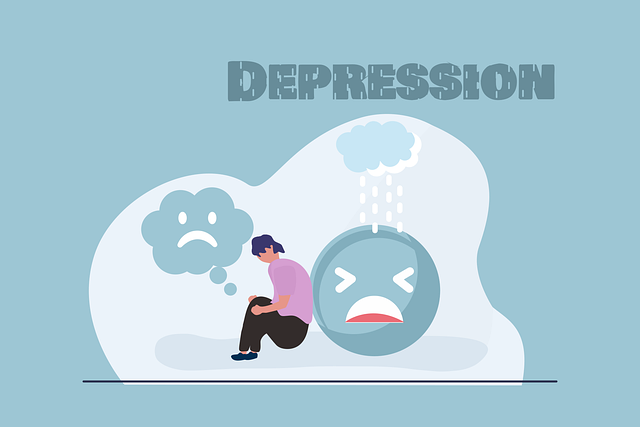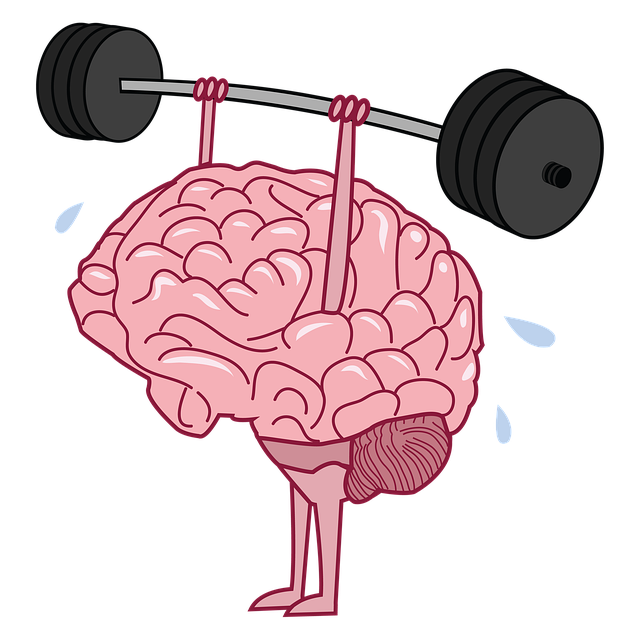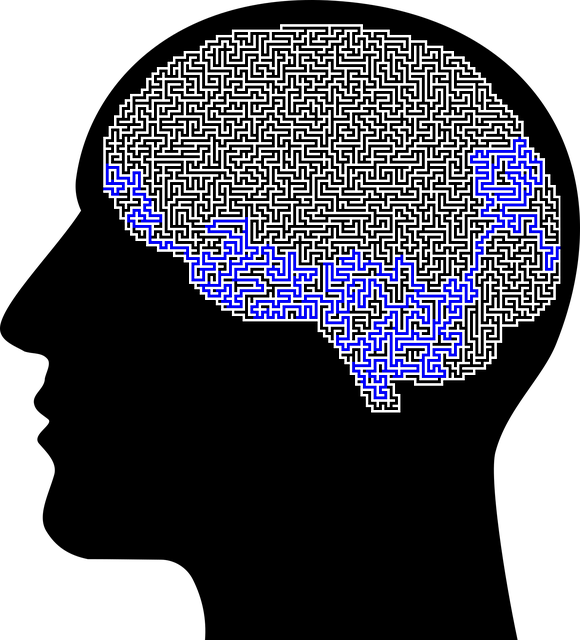Arvada Relationship Issues Therapy focuses on mood regulation as a core aspect of well-being, addressing triggers, past traumas, and stressor responses. By educating individuals on mental health and emotional science, they empower themselves to manage emotions effectively. This holistic approach combines physical activity, mindfulness, and self-awareness exercises like journaling to promote emotional resilience and prevent burnout among mental health professionals. Through these comprehensive strategies, Arvada Relationship Issues Therapy aims to improve patient outcomes and foster positive moods while navigating complex emotional landscapes.
Mood regulation is a vital aspect of emotional well-being, and mastering it can significantly impact our daily lives. In this article, we explore various strategies to help you navigate and manage your moods effectively. From understanding the fundamentals of mood regulation to uncovering the benefits of holistic approaches like Arvada Relationship Issues Therapy, these insights offer practical tools for enhancing emotional resilience. Discover actionable techniques to foster a healthier, more balanced mindset.
- Understanding Mood Regulation: Unraveling the Basics
- Arvada Relationship Issues Therapy: A Holistic Approach to Emotional Well-being
- Practical Strategies for Effective Mood Management
Understanding Mood Regulation: Unraveling the Basics

Mood regulation is a vital aspect of overall well-being, especially for those dealing with Arvada Relationship Issues Therapy. Understanding how to manage and influence one’s emotional state can significantly enhance coping abilities. It involves recognizing and accepting feelings as they arise while also developing effective strategies to navigate through them.
The process begins with identifying triggers and patterns in emotional responses. Coping Skills Development plays a crucial role here, teaching individuals how to respond to stressors and challenges rather than reacting impulsively. Trauma Support Services can also be instrumental in helping people process past traumatic experiences that might impact their current mood regulation abilities. Additionally, Mental Health Education Programs Design offer valuable insights into the science behind emotions, promoting self-awareness and empowering individuals to take charge of their emotional well-being.
Arvada Relationship Issues Therapy: A Holistic Approach to Emotional Well-being

In today’s fast-paced world, emotional well-being is a cornerstone of overall health, and Arvada Relationship Issues Therapy offers a holistic approach to addressing this crucial aspect of life. This therapeutic method focuses on the interconnectedness of relationships and mental health, recognizing that personal growth and healing often occur within the context of meaningful connections. By employing Mind Over Matter principles, therapists help individuals navigate through complex emotional landscapes, fostering self-awareness and effective coping mechanisms.
Arvada Relationship Issues Therapy isn’t just about resolving immediate issues; it’s a proactive strategy for burnout prevention among mental health professionals as well. Through comprehensive risk management planning, practitioners are equipped to handle challenging situations while maintaining their own emotional resilience. This not only ensures better patient outcomes but also enables professionals to sustain their careers, demonstrating that holistic therapy is both impactful and sustainable in the long term.
Practical Strategies for Effective Mood Management

In the pursuit of optimal well-being, effective mood management is paramount. Incorporating practical strategies into daily routines can significantly enhance one’s ability to navigate emotional landscapes. For instance, engaging in regular physical activity releases endorphins, naturally elevating mood and reducing stress. Additionally, mindfulness practices such as meditation or deep breathing exercises foster self-awareness, enabling individuals to recognize and accept their emotions without judgment.
Arvada Relationship Issues Therapy offers valuable tools for addressing underlying causes of mood dysregulation, particularly when coupled with confidence-boosting techniques. Self-awareness exercises, like journaling or reflective dialogue, promote understanding of triggers and emotional patterns. By cultivating a mindful approach to daily experiences, individuals can foster emotional resilience, leading to more consistent and positive moods.
In conclusion, managing moods effectively is a multifaceted process that involves understanding emotional baselines and employing strategic techniques. While the article has explored holistic approaches like Arvada Relationship Issues Therapy for comprehensive emotional well-being, practical strategies are equally vital. By integrating these insights into daily life, individuals can navigate mood fluctuations, fostering stability and enhancing overall mental health.











